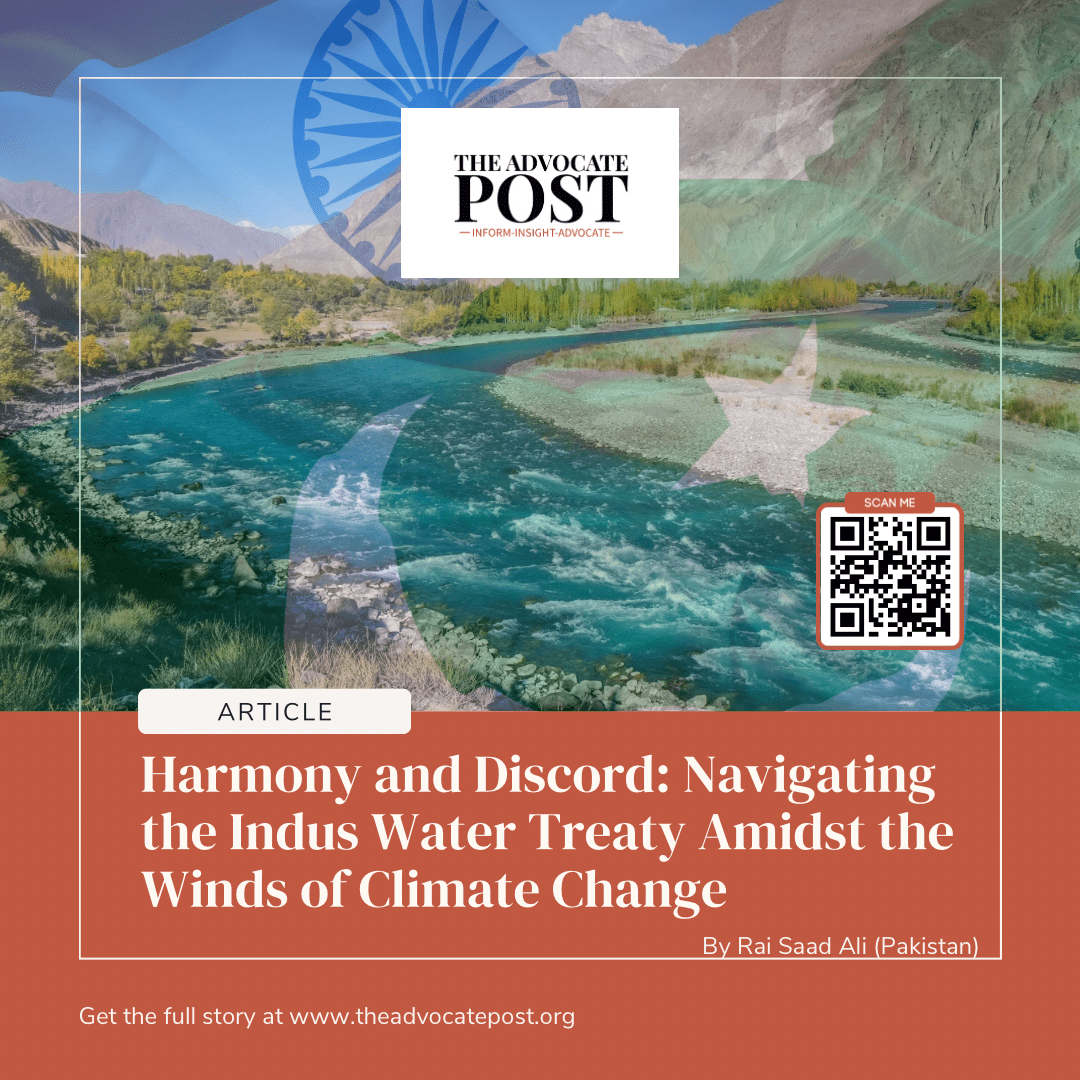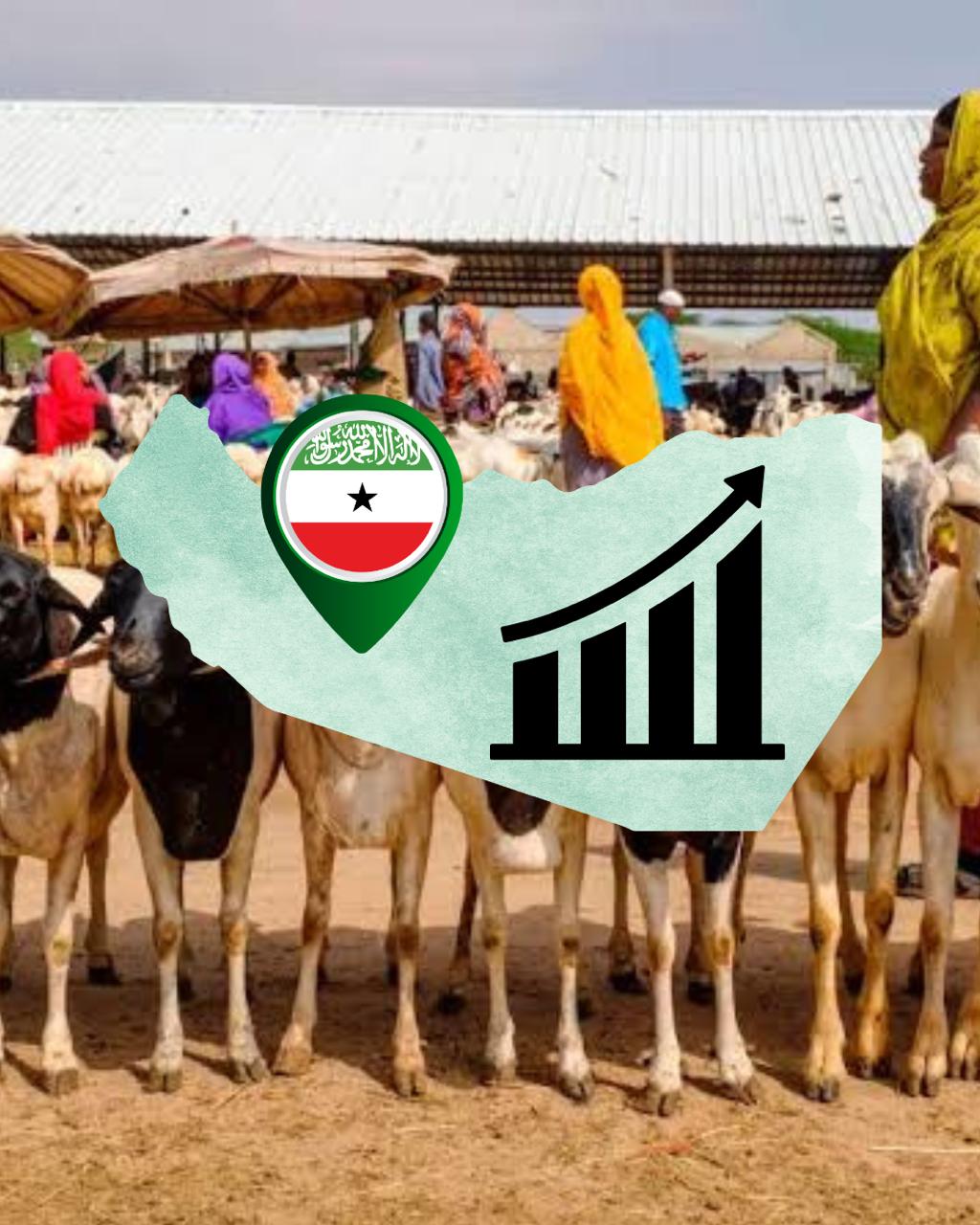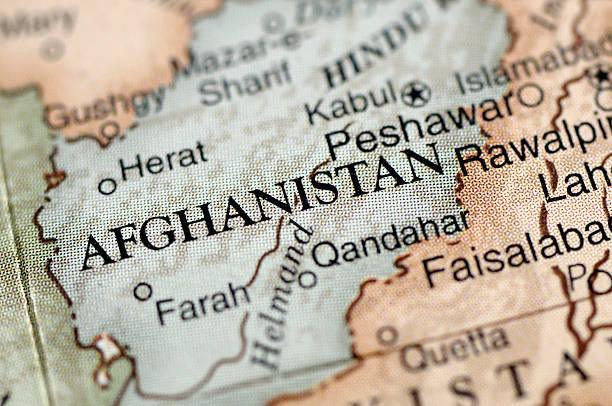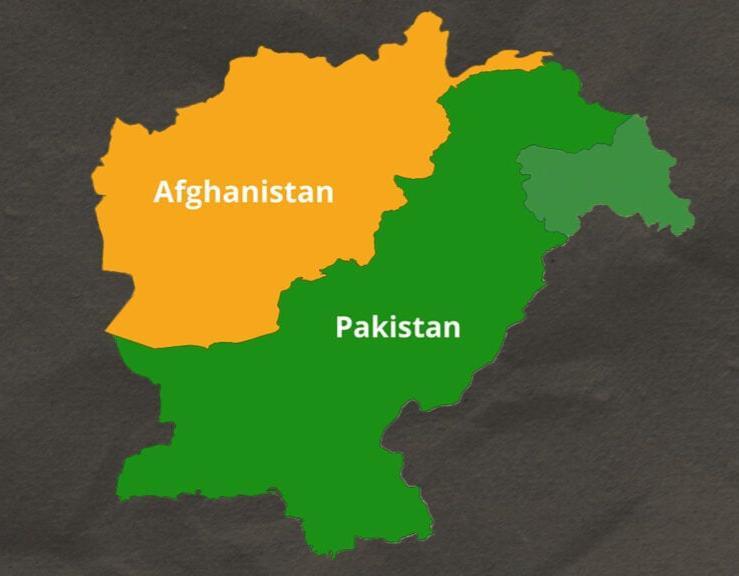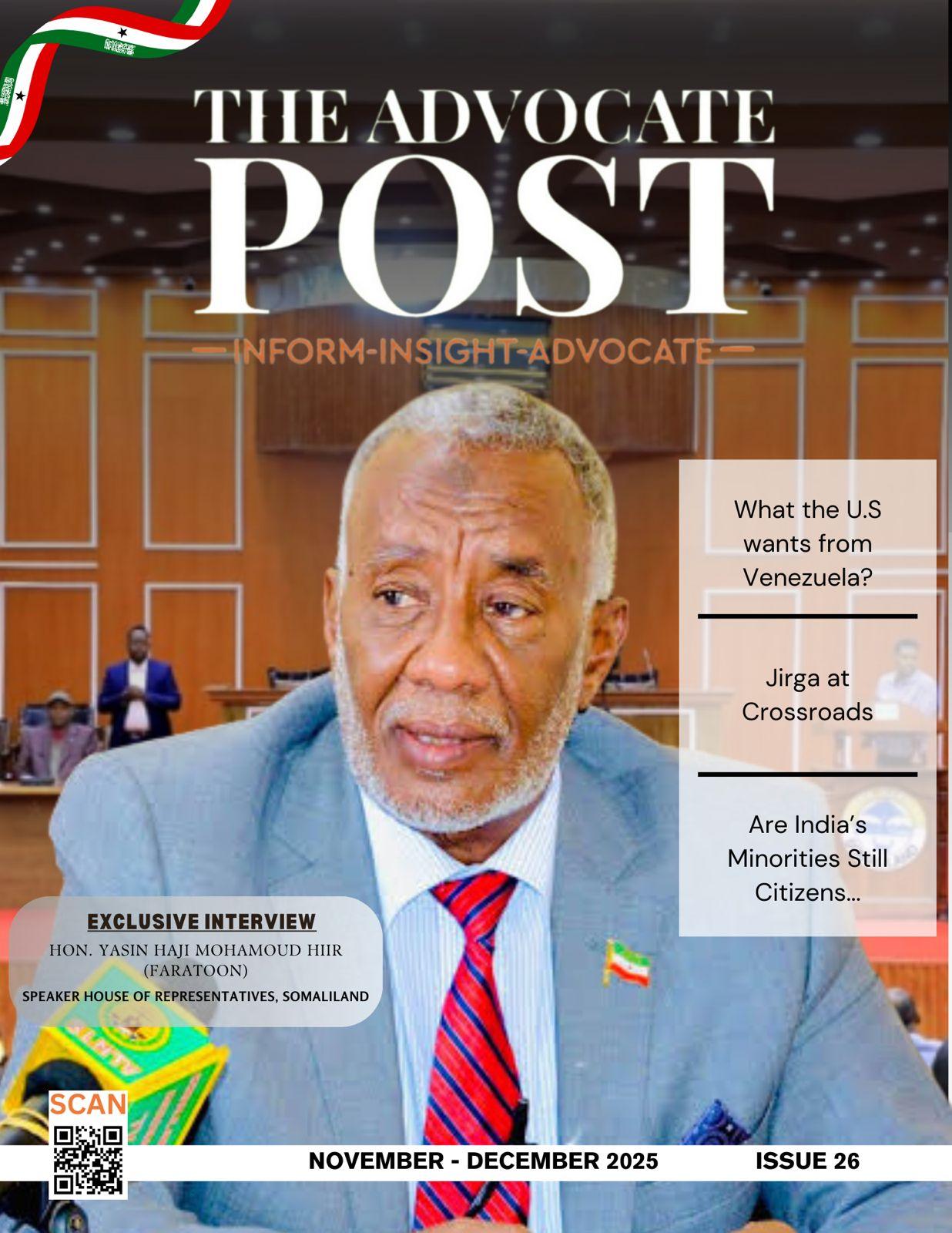By Rai Saad Ali (Pakistan)
In the tapestry of the historically strained relationship between India and Pakistan, marked by wars and diplomatic tensions, an unexpected beacon of amity emerges—the Indus Water Treaty(IWT) of 1960. This landmark agreement, outlining principles for sharing the vital waters of the Indus Basin, a lifeline for 300 million people, stands as a testament to diplomatic success enduring over six decades. However, amid the applause, the treaty is not immune to valid criticism. Detractors argue that its drafting overlooked scientific considerations, rendering it outdated and vague on water resource usage, particularly within the confines of prescribed limits, while neglecting the pivotal factor of climate change. This prompts a compelling query: if the architects had possessed contemporary scientific insights, would the treaty have taken a different shape? While definitive answers elude us, one certainty prevails—crafting such a treaty has no singular ideal formula. The imperative lies in perpetual updates and amendments to address evolving circumstances, especially crucial in the delicate realm of disagreements between two nuclear-armed states, demanding cautious and foresighted diplomatic endeavors.
Before delving into the complexities of global climate challenges, let’s briefly illuminate the historical tapestry of the IWT. Forged after nine years of arduous negotiations, this bilateral pact between India and Pakistan, with facilitation from the World Bank, stands as a testament to cooperative water resource governance. Initiated under the visionary stewardship of former World Bank President Eugene Black, this treaty is lauded as a noteworthy international accord that has withstood the test of time and persistent challenges. Former U.S. President Dwight Eisenhower, in a moment of discerning acknowledgment, referred to it as a “luminous point” in our often-intricate global narrative. At its essence, the treaty meticulously allocates the Western Rivers—Indus, Jhelum, Chenab—to Pakistan and designates the Eastern Rivers—Ravi, Beas, Sutlej—to India. Simultaneously, it affords each nation certain usage rights on the rivers allocated to the other. This diplomatic achievement is steered by the Permanent Indus Commission, embodying a collaborative spirit for river management. Mechanisms for dispute resolution are intricately woven into the fabric of the treaty, with a Neutral Expert arbitrating differences and a Court of Arbitration poised to address disputes.
In facing the world’s profound challenges, the IWT emerges as a testament to cross-border collaboration, navigating geopolitical shifts. Amid diplomatic successes, global environmental concerns, particularly their impact on water bodies, demand attention. Climate change disrupts global water access, intensifying droughts and floods. Escalating temperatures alter the water cycle, influencing precipitation dynamics. This shift prompts heightened evaporation, leading to increased atmospheric water vapor and foreseen intense rains. Climate change’s profound influence extends to the Indus River Basin, highlighted by the International Institute for Sustainable Development. Forecasted alterations, especially in the monsoon, suggest changes in peak flow timing and increased flow variability by the 2050s. Despite complexities in the Upper Indus Basin’s hydrological intricacies, limited comprehension hampers precise predictions of future water availability. Even without climate change, a grave report underscores overpopulation’s role in worsening water scarcity per capita. In this interplay of environmental and demographic factors, the call for astute water resource management transcends policy imperatives—it reverberates as a mandate for stewardship, foresight, and a collective commitment to preserve our shared aquatic heritage.
While shifting environmental patterns raise concerns for some, a substantial portion remains indifferent, choosing to turn a blind eye and outright deny these changes. According to the Pew Research Center, a significant segment of adults holds the belief that climate change is not an established fact but a propaganda tool orchestrated by governing bodies with ulterior motives. However, those who deny or express skepticism about climate change constitute a minority compared to those advocating for its prioritization in government policy. The scientific underpinnings of climate change, supported by a wealth of evidence, are undeniable. Despite this, a narrative persists that questions the veracity of climate change, attributing it to governmental agendas. However, a predominant majority recognizes the urgency of addressing climate change in government policymaking. Acknowledging the scientific consensus is imperative, especially when evidence points to the Indus River Basin being on the precipice of climate change-induced threats. Consequently, there emerges a compelling case for amending the IWT to incorporate measures that align with the evolving environmental landscape. According to Maharaj Pandit, Professor of Environmental Sciences at the University of Delhi, the initial IWT negotiations were a diplomatic exercise. However, in light of the contemporary challenges posed by climate change and environmental pollution, he emphasizes the critical need for a renegotiation of the treaty. Daanish Mustafa, a Professor of Critical Geography at King’s College London, critiques the original treaty, suggesting that science was inadequately represented in negotiations led by engineers in 1960. Mustafa urges both countries to reconsider their approach to measuring water flow, emphasizing the importance of focusing on base flows of the rivers rather than relying on an averages-based methodology.
In recent years, India has undertaken several initiatives to confront the looming threat of a potentially catastrophic scenario. A notable development unfolded in 2021 when a parliamentary committee in India called for the renegotiation of a 61-year-old pact with Pakistan concerning the shared Indus River. The committee’s report, released in August 2021, stressed the urgency of revisiting the IWT to incorporate the impacts of climate change and pollution. The goal is to establish a comprehensive framework that addresses critical issues such as climate change, global warming, and environmental impact assessment, with a focus on safeguarding water availability in the Indus basin. This move represents India’s inaugural attempt to reassess the IWT from a scientific perspective. In contrast, Pakistan, a nation already grappling with signs of severe water scarcity, has yet to make similar efforts. The risks at stake render Pakistan more vulnerable, particularly considering that almost 70% of the country’s GDP relies on the Indus. Maharaj Pandit underscores the gravity of the situation, emphasizing that Islamabad must heed the call to address climate change and environmental concerns, recognizing the profound impact it can have on various sectors, including crucial exports like Basmati rice and textiles.
The Center for Strategic and International Studies advocates amending the IWT to bolster data collection and introduce a financial dimension to water resources. The reliance on historical data faces challenges in the wake of climate change, demanding mechanisms to quantify climate data and invigorate dialogue between India and Pakistan. The proposal includes recommending annual reports on hydrological responses to climate change. For accountability, riparian states are encouraged to share data with the World Bank, mirroring the successful model of the Mekong Reserve Commission. Given the unpredictable impact of climate change, a periodic World Bank-mediated reassessment of IWT terms is deemed indispensable. The suggested modification involves assigning monetary value to water resources, treating water as a tradable commodity, accompanied by a structured sharing of direct benefits.
In contemplating the recommendations put forth by CSIS, the pressing need for heightened concern cannot be overstated. The moment calls for a thorough review of the treaty, a move that demands recognition and urgency beyond its current standing. Today, more than ever, a reevaluation of the treaty is not just prudent; it is an imperative stride towards safeguarding our shared environment. The lens through which we approach this pivotal review should transcend political considerations, with scientific knowledge emerging as the unwavering guide. As Shakil Romshoo, a distinguished authority on Himalayan glaciers, rightly asserts, the time has come for a paradigm shift. Drawing from current scientific insights, revising the treaty becomes not merely a suggestion but a critical imperative. It beckons both India and Pakistan, as well as the World Bank, to adopt a “now or never” attitude. This collective stance isn’t just about safeguarding the environment; it is about averting potential environmental disasters that could cascade into financial and political calamities for the entire South Asian region. The call to action resonates not just as a choice but as a shared responsibility to chart a sustainable and resilient course for the future. As said by Marlee Matlin, “The Earth does not belong to us, we belong to the Earth”.
Rai Saad Ali is a law student currently enrolled in University of London. He is from Lahore, Pakistan.

